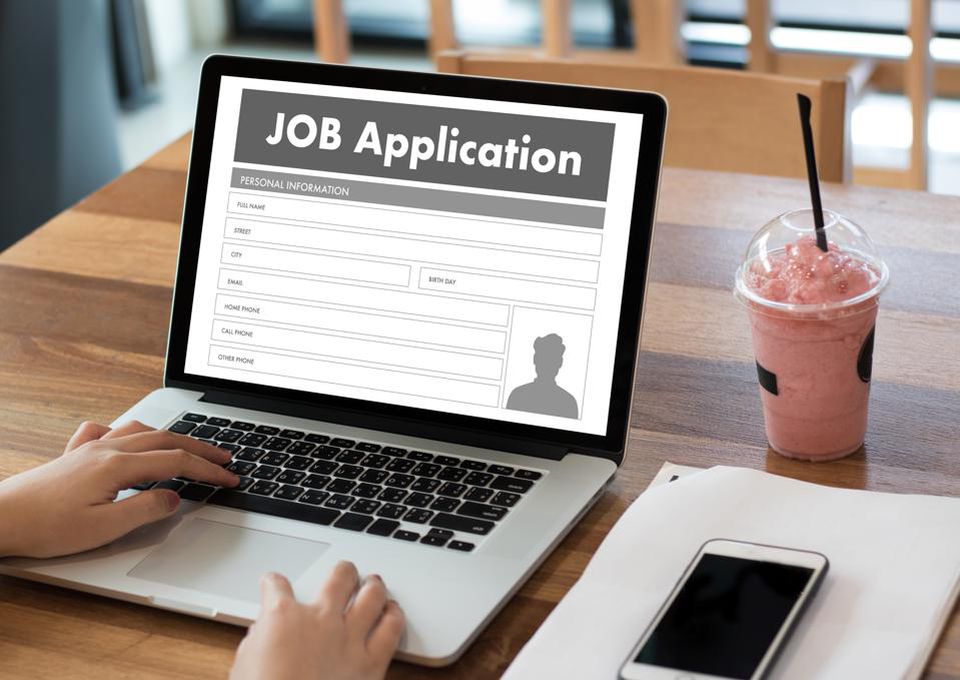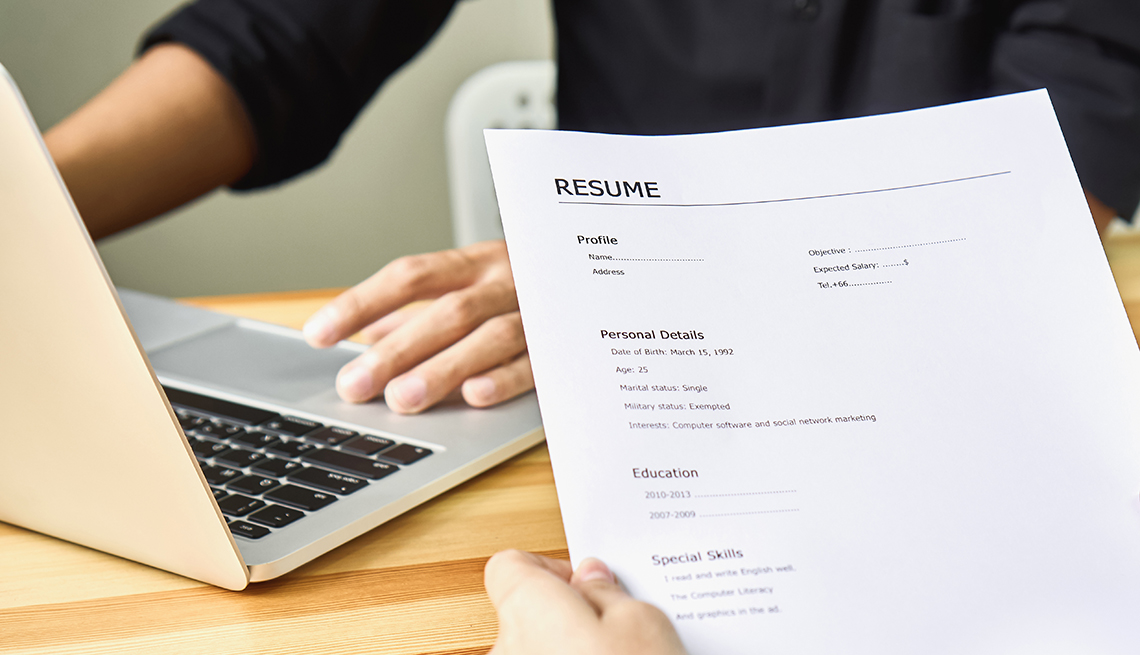The recruiter invites you for an interview – if the meeting is successful, you will be offered a job. We recall the most common mistakes during an interview and tell you how to prepare for it to get an offer.
Interview with a company you don’t know anything about
Typically, candidates have a general idea of the company they want to work in, but their focus is more on job responsibilities. Both recruiters and management want the future employee to understand the specifics of the company he is applying for, – looked at its profiles in social networks, had an idea of the specifics of the industry and business.
Before the interview, you need to do basic homework – go to the company’s website, read information about it, understand the mission and values of the employer. You can compare the job responsibilities of the position you are interviewing on job sites: this way you will be able to update the information about the position, more adequately assess your capabilities and the requirements of the recruiter.

To be late or arrive too early
For people who are late for an interview, there is a special term – “unemployed”. If it’s no joke, the recruiter’s day is scheduled from beginning to end – probably after the interview with you, the HR has another meeting, which should not be late.
On the other hand, too early to appear in the company gives discomfort to the office manager and the employer: all the time before the meeting you need to be occupied with something. HR may also think that you are very nervous.
Be in the office ten minutes before the interview. Calculate travel time taking into account traffic jams and the load on public transport. It’s good if you don’t have other things to do before the interview that could delay you.
Usually, when making an appointment, the recruiter leaves his contacts – if you are late, notify about it in advance.
Overlook the appearance and tone of communication
Clothes, intonation, and vocabulary must match the position for which you are applying. Wear a suit for an interview at a financial institution and a plain T-shirt at a restaurant or coffee shop.
Calling a bank clerk as a “friend” when you meet is not a good idea, nor is it a good idea to “kick it out” where it is customary on “you”.
Look at the photos of the company’s employees in its social networks – something like this should look like in an interview. The tone of communication is set by the recruiter in the first couple of minutes of the meeting: if the HR is formal, restrained, and calm, communicate in the same way, if relaxed and friendly – reciprocate.
Not prepared for typical questions
Modern companies stop asking boring questions at interviews – recruiters of the new formation are no longer interested in “who do you see yourself in five years” and “why the firm should hire you.” Nevertheless, adequate typical questions remain – you may be asked to tell us about yourself, clarify your level of English, or sketch out a quick outline of the first steps in a new place.
Answer yourself in advance, where did you find out about the open vacancy, why you decided to apply for it, what salary expectations do you have. And most importantly, be prepared to be asked questions about the company: this is how the employer checks whether you are really interested in a career in the company or whether you consider the proposed vacancy as a temporary job.
Talk only about yourself
The business primarily values the benefits that you can bring to them. It is more important for HR to understand what value you are to the company than to hear about your diplomas, courses, and career highlights.
Don’t brag, exaggerate or decorate. Instead of a story about which English courses you go to, explain that you can work with foreigners. Briefly and clearly describe how you would solve current problems after hiring.
Talking about salaries first or not discussing this point at all
About salaries and bonuses, speak at the end of the conversation, after discussing other important issues. Usually, a recruiter raises this topic himself – he names the exact figure.
Wait, while the employer asks you about the money. Research the market before the interview and ask for + 10% of your average job salary, leaving room for wiggle.
Most likely, the company will try to lower your salary – this is a normal process of bargaining for employment. If you agree to concessions – accept the offer, if you want to get higher than the market – think in advance what arguments to voice so that such a desire seems reasonable.

Scold the past employer
The likelihood that your past team was unprofessional, your boss was terrible, and your office was the most tasteless open space in the world, is pretty high. Just talking about it to a recruiter in a new company is not necessary: Firstly, HRs are aware of the market situation and understand the microclimate in other companies. Secondly, when you scold your past employer from the doorway, you seem to be an unreliable and scandalous employee.
Make sure that any remarks about your past place of work and colleagues did not go beyond professional. If the recruiter asks questions that are easy to answer honestly, it is easy to overstep the boundaries of tact, politely refuse to answer – most likely, HR will correctly interpret your silence.



